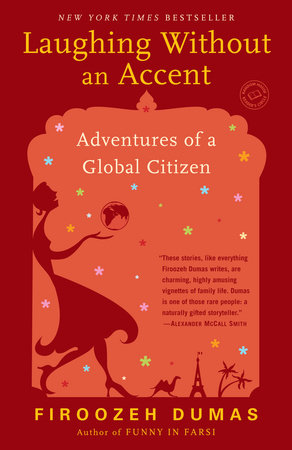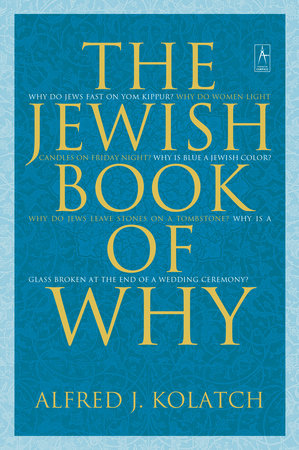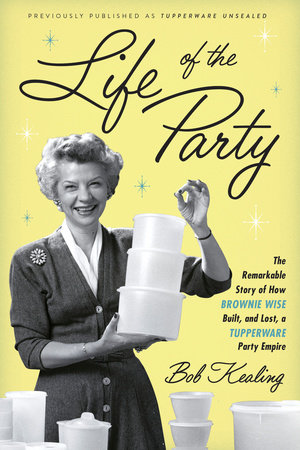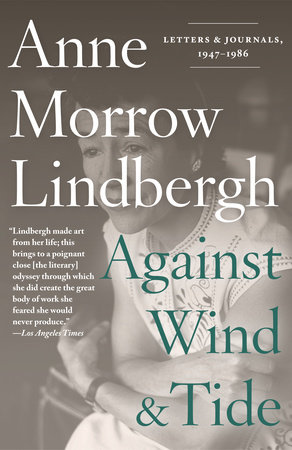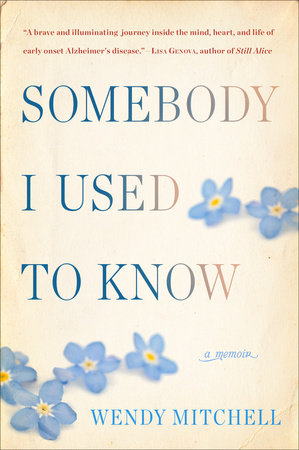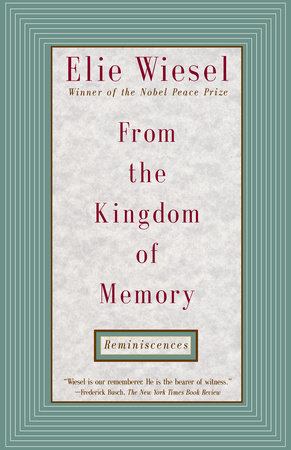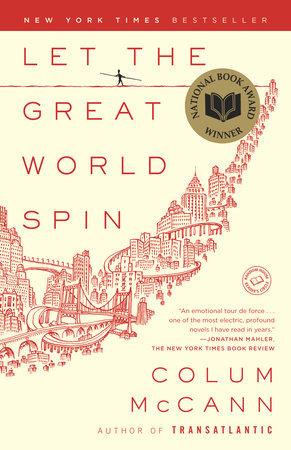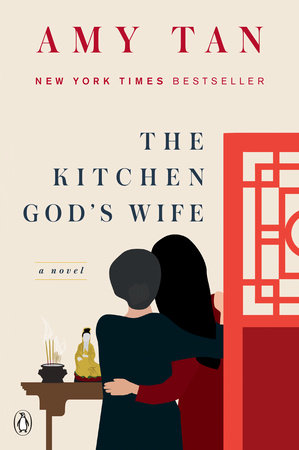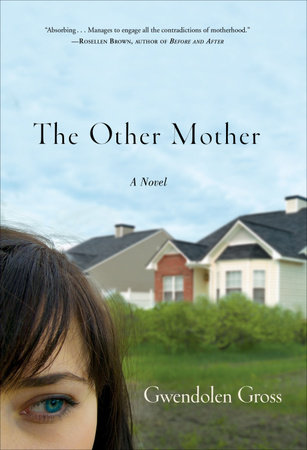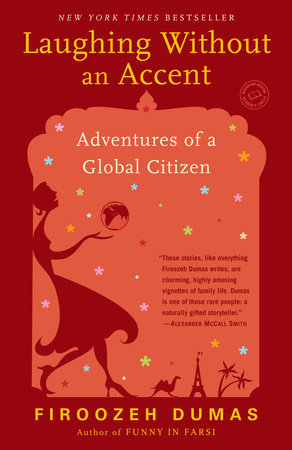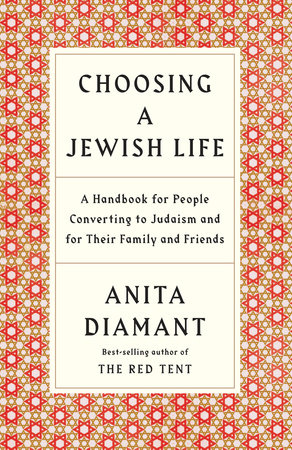Author Q&A
A Conversation Between Firoozeh Dumas and Mark Salzman
Mark Salzman is the author of Iron & Silk, The Laughing Sutra, The Soloist, Lost in Place, Lying Awake, and True Notebooks.
Firoozeh first heard of bestselling author Mark Salzman in college, when her husband announced that Mark was one of his favorite contemporary writers. Years later, Firoozeh met Mark at the Sun Valley Writers’ Conference and decided that, indeed, the Frenchman was right. Their families soon became friends and, in a strange twist of events, Mark’s mother-inlaw became Firoozeh’s son’s fencing instructor. The motherin- law also regularly gifts the Dumas family with peacock feathers and goose eggs from her yard, but that’s a whole other book. Mark’s wife, Jessica Yu, is an Oscar-winning filmmaker, and so theirs is the most talented family Firoozeh has ever known. Inexplicably, they are also the nicest.
Mark Salzman: I’m sorry you weren’t able to find an eBay buyer for your cross-shaped potato. Just out of curiosity: Is there an equivalent in Muslim culture? Or are Christians unique in placing value on food items that seem to resemble religious icons?
Firoozeh Dumas: It’s a new and emerging market in Islam. I am currently looking for members of the squash family that resemble minarets.
MS: You cherish the culture in which you were born, but also appreciate the opportunity to live in this one. You point out that having freedom doesn’t automatically mean we all make good choices. Do you think it’s possible to have too much freedom?
FD: Our founding fathers assumed the existence of common sense along with freedom, but clearly they never predicted those pants that sag. Every time I visit a high school and walk behind someone displaying three inches of underwear, I think of Benjamin Franklin. But if that’s the price we pay for freedom, I’ll just have to learn to avert my eyes.
MS: Reading your book made me determined to taste at least some of the foods you described before I die. Could you suggest a sort of Persian Food for Dummies sample menu that I might order from at a restaurant so that I don’t order the equivalent of chop suey?
FD: You can always go with the grilled meats–lamb, chicken, or beef. It’s just meat, spices, and fire, so it’s pretty basic preparation yet full of exotic flavor. For vegetarians, I recommend lentil rice or any eggplant appetizer. Make sure you ask for tadig, the crunchy rice on the bottom of the pan. Better yet, try to get invited to the home of an Iranian. We love to feed people while describing our foods. But be forewarned: “No thank you, I’m full” means nothing to us. Wear loose clothing.
MS: Let’s play Alternate Universe for a moment. I’ve just been elected president of the United States and, having read your books, I’m convinced that you would make a tremendously gifted diplomat. I’ve chosen you to be the U.S. cultural ambassador to Iran. What aspects of American culture would you most like to introduce to contemporary Iranians in hopes of improving their impression of us as a society?
FD: I would begin by assuring Iranians that American teenagers are not like what is shown on MTV and that Pamela Anderson is not a typical American woman. With that hurdle out of the way, I would tell Iranians about the backbone of America, volunteers. I would describe how people in my neighborhood bring food to families in need, even though they have never met. We have a program at my local hospital where trained volunteers hug preemie babies for hours at a time to help them grow. Parents at my local public school make sure that the low-income children never have to pay for school supplies, or yearbooks, or the annual pancake breakfast. A friend of mine, who is rich and could spend all her time getting deep-tissue massages and avocado facials, instead spends her time in a program she started that prepares kids to be the first in their families to go to college. I would also hand out warm chocolate chip cookies at all diplomatic events.
MS: When you first came to this country, you were surprised by how lenient schoolteachers here were compared to schoolteachers in Iran. If your school district were to hire you right now as a teacher, how strict do you think you would be?
FD: I have often toyed with the idea of becoming a high school teacher, but I know I would be too strict for this culture. I would want the kids to show respect to me and to one another and I wouldn’t put up with any sassiness. I can see myself getting fired already.
MS: In America today, we place a great emphasis on the cultivation of our children’s self-esteem. Your parents and teachers in Iran seemed to assume that your self-esteem would take care of itself as long as you acquired good habits and a sufficient degree of knowledge. How on earth did you recover from the damage they must have inflicted upon you by failing to honor your specialness?
FD: Somewhere along the way, the self-esteem movement in America has gone terribly wrong. Self-esteem is not something you can give your kids; we can only give our kids the opportunity to earn it. Self-esteem is not immediate gratification. Maybe that’s why people have resorted to shortcuts. Instead of encouraging our kids to persevere and do good things so that they can eventually feel good about themselves, we just tell them they’re great kids! It’s not the same thing.
MS: You are a writer and you are a stay-at-home mom with three children. How do you deal with the challenge of having so little control over your time, especially since you don’t have an electronic babysitter (television) in your home?
FD: Every day, there are things that get done, and things that don’t get done. I gave up on perfection a long time ago. I am forever indebted to Trader Joe’s for having quality frozen foods and vegetables. (This was an unpaid ad, but I am willing to accept compensation, Joe.) Like all moms, I fantasize about having an organized house and toned upper arms, someday. I just do what I can and try to take time to have conversations with each of my kids every day. That’s one of my top priorities. I talk with my husband, too, if I’m not too tired.
MS: What is it with immigrants and Costco-style shopping? My wife’s grandparents, who were Chinese, would go to Costco and inevitably come home with five cases of relish even though they hardly eat relish. It wasn’t really about saving money, because they gave most of the relish away, so it ended up being expensive. Your parents apparently do the same thing. Please explain.
FD: I can’t explain. No one is immune. One day I went to Costco to buy paper towels but somehow also wound up with a set of expensive wooden shoehorns for my husband– who has never, ever used a shoehorn–and twelve rolls of wrapping paper. I think there’s some KGB-style mind control at work, probably something embedded in the free samples.
MS: Let’s imagine that your kids are grown up and have collaborated on a memoir. Please complete this sentence for them: “Our Iranian-American mother tried to be normal, and tried not to embarrass us, but one thing I could never explain to my friends was why she would always . . .”
FD: “. . . engage them in conversation.” Apparently, every word I utter to their friends is wrong. Just yesterday I said, “So Tommy, have you made a list of girls you’re considering asking to prom this year?” My kids call that embarrassing. I call it making bridges with the younger folk.
MS: To me, you seem completely American (i.e., an “insider”), only with an added dimension–like a computer with an extra hard drive. I feel limited by comparison. But you mention the loneliness of feeling like an outsider here when you were a child and then in college. Do you still feel like an outsider?
FD: Mark, if you’re hinting at becoming a dual Iranian/ American citizen, I can arrange that. I still feel like an outsider, but now I know that everyone else does, too, so that makes us all insiders. If you read that sentence again, it does make sense.
MS:We in America tend to be puzzled by the tradition of professional mourners, people who feign emotion at funerals. We think: But that’s not sincere! Grief ought to be sincere! Can you think of any American customs that, to an Iranian, seem to defy what might be described as emotional logic?
FD: I’ve always found Thanksgiving to be an interesting holiday. A lot of people absolutely dread having to spend time with their families and yet they have to because of Norman Rockwell. As wonderful a holiday as it can be, it’s also a monument to denial: “Let’s pretend we get along and then we can avoid each other for another year.” I think there should be a sincerity clause embedded in that holiday. If you have to take nine antacids to get through a meal with Uncle Louie and his inappropriate jokes, then you should get a free pass to skip Thanksgiving with the family.
MS: You described a pretty bad day as a parent. Do you have bad days as a writer? Do tell.
FD: I have so little time to write that I generally don’t have really, really bad days. I have days when my writing is uninspired and flat. I panic and think that my talent, if I ever had any, has evaporated. But before I can get really morose and angst-ridden, I have to finish the laundry or go to Trader Joe’s. (There it is again, Joe. Call me!) So what keeps me from total despair is manual labor in the form of housework. By the way, I am willing to share my housework with any artists who need labor therapy.
MS: You make a good case for the positive benefits of letting go of anger–even justifiable anger–but it’s hard to do. How do you manage it? Any tips?
FD: Letting go of justifiable anger is one of the hardest lessons out there. I spent the first few years of my marriage justifiably angry that my husband’s family did not like me. Finally, a Catholic friend suggested I talk to a Jesuit priest she knew. I’m a secular Muslim, so it made sense.
The Jesuit priest told me that I would not be able to let anything good into my life until I completely let go of the anger. My father had always said that, too, but sometimes you have to hear something from somebody else for the words to penetrate. I started forcing myself to think of my inlaws simply as flawed humans, just like myself, albeit in a dif- ferent way. After a while, the anger was replaced with acceptance and even compassion at times.
When my husband and I had children, I never uttered a bad word to them about their grandparents. I consider that one of the best decisions I ever made in my life.
My in-laws and I finally had a reunion a few years ago and my children are getting to know their grandparents. We now see each other several times a year and our relationship is cordial and nice. We never talk about the past, but we are all trying to make up for lost time. We have also gotten to know my children’s French cousins, who are absolutely delightful. Thankfully, it no longer takes me years to let go of anger. Once you learn to let go of anger, you realize what a burden it is to carry it. Letting go becomes easier with practice. My Catholic friend, my Muslim father, that Jesuit priest– they were all on to something!
